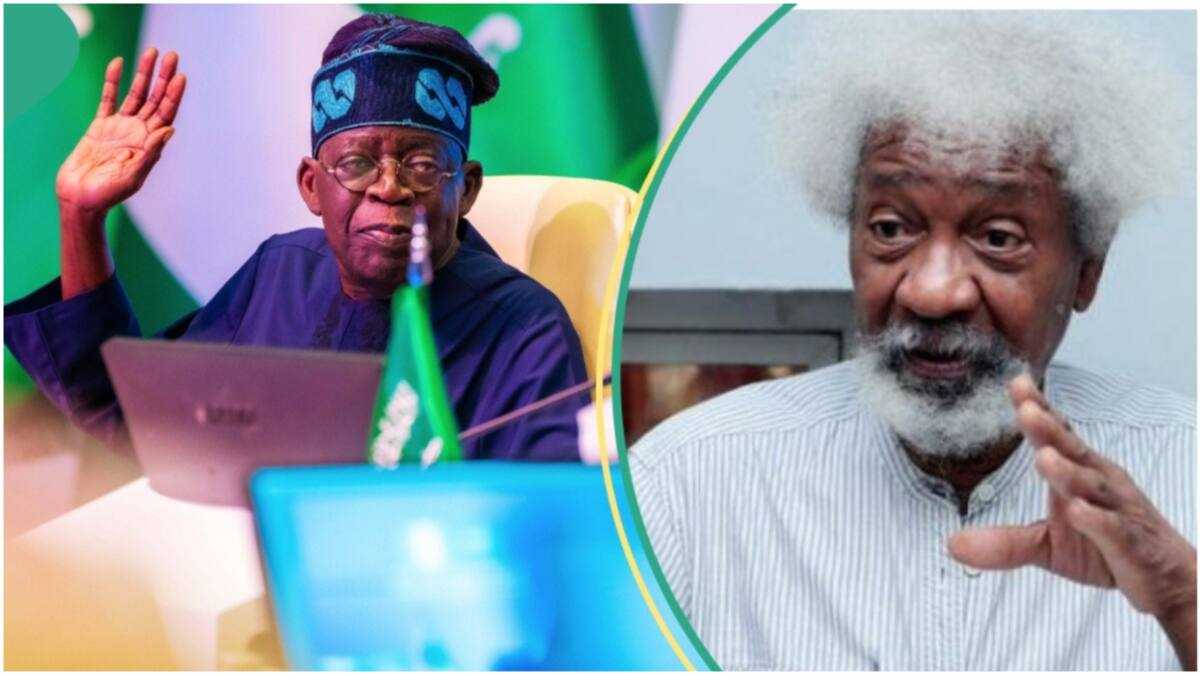Nigerian House Panels Summon Finance Minister Edun and CBN Governor Cardoso Over Audit Queries

The Joint Committees of the House of Representatives on Public Accounts and Public Assets have summoned the Minister of Finance, Wale Edun, and the Governor of the Central Bank of Nigeria (CBN), Olayemi Cardoso. This summons stems from alleged violations of the Fiscal Responsibility Act, 2007, and significant issues highlighted in the 2021 audit report by the Auditor General for the Federation.
In a letter jointly signed by Rep. Bamidele Salam, Chairman of the House Committee on Public Accounts, and Rep. Ademorin Kuye, Chairman of the Committee on Public Assets, the committees have requested the presence of the finance minister and the CBN governor. Their appearance is sought to provide detailed explanations concerning the remittance of operating surpluses into the Federation Account, a practice mandated by relevant laws and regulations.
Reports from both the Fiscal Responsibility Commission and the Auditor General for the Federation indicate that numerous Ministries, Departments and Agencies (MDAs), including the CBN, have either failed to remit or under-remitted their operating surpluses as required by financial regulations over the past six years. Rep. Salam underscored the gravity of these alleged violations, stating that they have “negatively affected the liquidity of the federal government and pose a challenge to the effective implementation of budgets passed by the National Assembly.”
The committees further noted that both the Ministry of Finance and the CBN had previously been accorded ample opportunities to reconcile their accounts and clarify their financial positions, with the aim of ascertaining the full extent of financial liabilities involved. The forthcoming appearance before the committees is intended to serve as a final hearing to definitively resolve these pressing issues.
Beyond the financial remittances, the panels are also conducting a review of specific sections within the Auditor General’s statutory report. This review has brought to light that several public assets, despite being fully paid for years ago, remain incomplete and consequently unused. The committees highlighted that “Some of these projects, located in Dutse, Abeokuta, and other parts of the country, were awarded between 2011 and 2016 but have yet to be completed,” signifying another area of serious concern regarding public asset management and project execution.










